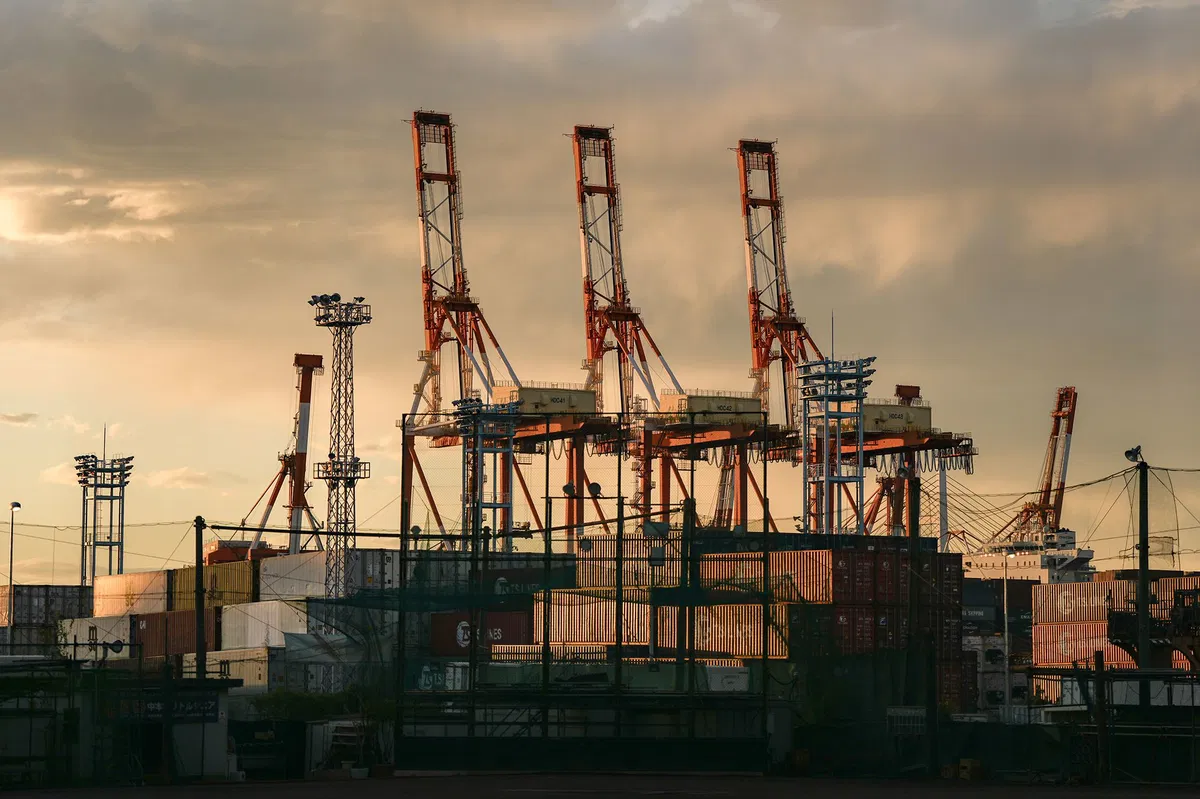Trump Japan Rice Tariffs Threaten Trade Stability
Trump Japan Rice Tarrifs have ignited a new controversy between the U.S. and Japan, as former President Donald Trump threatens steep duties over what he claims is Japan’s refusal to buy enough American-grown rice. The Trump Japan Rice Tarrifs could disrupt billions in exports and trigger retaliatory measures, despite official data showing that Japan remains a major importer of U.S. rice.
In a post shared Monday on Truth Social, Trump stated:
“They won’t take our RICE, and yet they have a massive rice shortage. We’ll just be sending them a letter. We love having them as a trading partner for many years to come.”
Despite his claim, U.S. Census Bureau data confirms Japan bought $298 million worth of American rice last year and imported another $114 million between January and April of this year alone.
How Trump Japan Rice Tariffs Could Impact Trade Relations
While Trump suggested Japan might soon halt these purchases, Japanese officials have not confirmed any such plan. On Tuesday, Chief Cabinet Secretary Yoshimasa Hayashi acknowledged that trade talks with Washington are active but declined to comment directly on Trump’s remarks.
Trump Japan Rice Tariffs and the Future of U.S. Exports
The issue highlights long-standing frustration among U.S. producers over Japan’s import regulations. A 2021 report by the U.S. Trade Representative under President Biden described Japan’s rice distribution system as “highly regulated and nontransparent,” making it harder for American suppliers to reach Japanese consumers even when imports occur.
Trade Talks Continue as Trump Sets Tariff Deadline
Trump’s threats come as he prepares to end a 90-day suspension of his “reciprocal” tariffs on foreign imports. Before the pause, Japanese products faced tariffs as high as 24%. During the suspension, these rates were reduced to a uniform 10%.
Impact of Trump’s Rice Tariffs on Japanese Automakers
In a recent Fox News interview, Trump singled out Japan as one of the countries likely to see higher tariffs once the pause expires on July 9.
“Dear Mr. Japan, here’s the story: You’re going to pay a 25% tariff on your cars,” Trump declared, referencing Japan’s automotive exports, which account for a large share of the trade imbalance between the two nations.
His comments have fueled anxiety among automakers and agricultural exporters in both countries. Japanese manufacturers fear higher tariffs could damage their competitiveness in the U.S. market, while American farmers worry about possible retaliation that might reduce demand for their crops.
Possible Economic Fallout From Trump Japan Rice Tariffs
According to trade analysts, while Trump’s rhetoric about rice shortages may exaggerate the issue, it underscores broader disagreements about market access and food security policies. Japan continues to maintain protective measures to shield domestic rice growers and regulate supply, often frustrating foreign exporters seeking more open competition.
Japan Responds to Trump’s Tariff Threats
White House National Economic Council Director Kevin Hassett on Monday emphasized that negotiations with Japan are still ongoing.
“Nothing is over,” Hassett told reporters. “Even if we get a framework agreement, there will be details to finalize. It’s a complex negotiation.”
As the July 9 deadline approaches, both governments face growing pressure to avoid a trade confrontation that could disrupt established supply chains and strain diplomatic ties. Japanese officials are reportedly preparing contingency plans in case tariffs are reinstated. Analysts expect further announcements in the coming days as the White House decides whether to formally notify Japan of new duties.





Leave A Comment